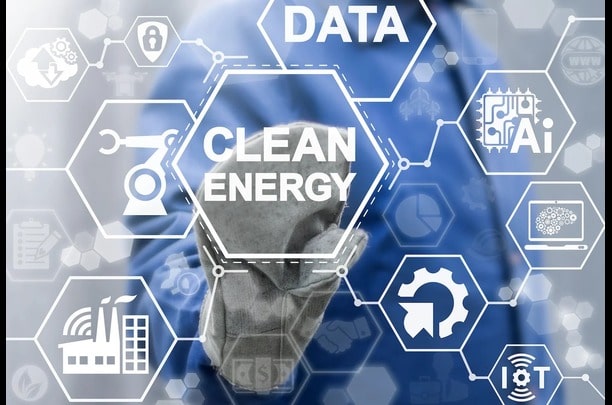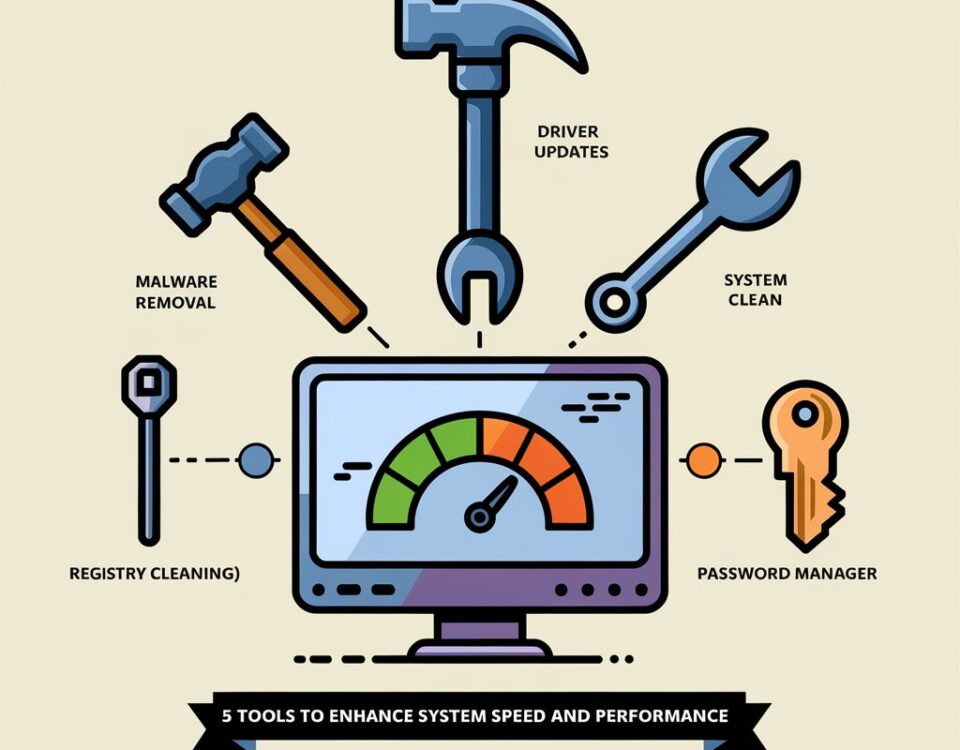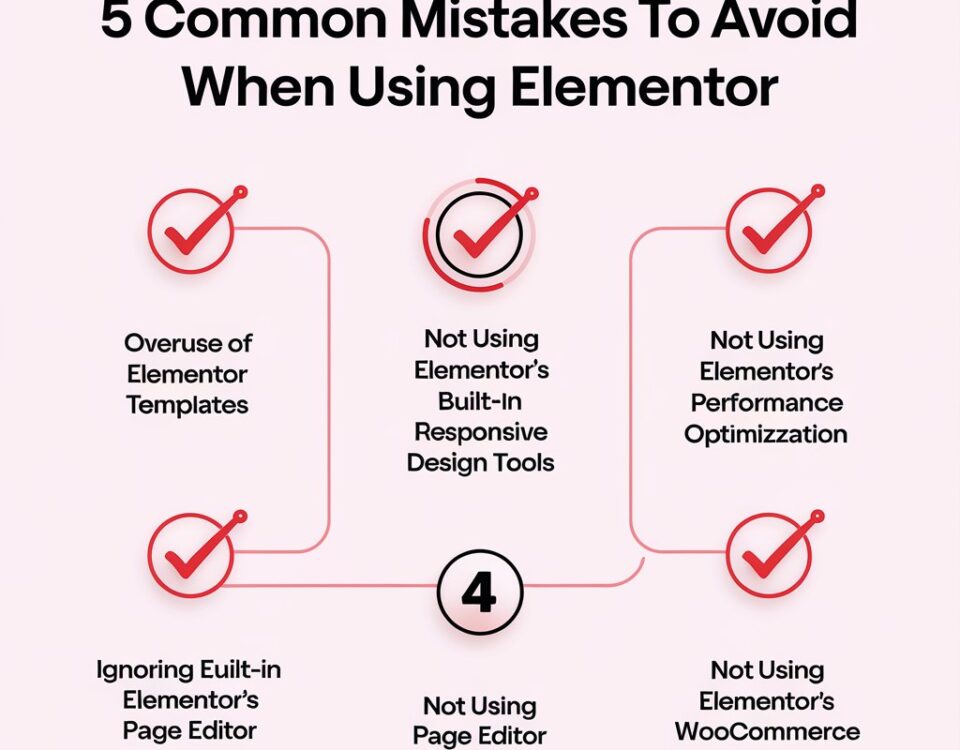The intersection of Clean Technology (Clean Tech) and Artificial Intelligence (AI) is paving the way for transformative changes in how we address environmental challenges. Clean tech encompasses a broad range of technologies and processes that reduce environmental impacts and improve resource efficiency. AI, on the other hand, involves the use of machine learning, data analysis, and intelligent algorithms to make systems smarter and more efficient. When combined, these two powerful fields offer innovative solutions for combating climate change, enhancing energy efficiency, and promoting sustainable development. This article explores how AI is driving advancements in clean tech, its benefits, and the potential challenges ahead.
How AI is Enhancing Clean Tech
AI is increasingly being integrated into clean technologies to optimize processes, predict trends, and make data-driven decisions. Here are some of the key areas where AI is making a significant impact:
- Energy Management and Optimization: AI algorithms can predict energy consumption patterns, optimize power grids, and manage energy loads more effectively. Smart grids powered by AI help in balancing energy supply and demand, reducing waste, and ensuring efficient energy distribution.
- Renewable Energy Forecasting: AI plays a crucial role in predicting weather patterns and optimizing the performance of renewable energy sources like solar and wind. Machine learning models analyze historical data and real-time inputs to provide accurate forecasts for solar irradiance or wind speed, which helps in efficient energy planning and grid management.
- Waste Management and Recycling: AI-driven robotics and computer vision systems are revolutionizing waste sorting and recycling processes. AI can identify, sort, and segregate recyclable materials more accurately and faster than humans, improving recycling rates and reducing the amount of waste that ends up in landfills.
- Carbon Footprint Reduction: AI is being used to monitor and reduce carbon emissions across various industries. For example, AI algorithms can optimize supply chain logistics, reducing fuel consumption and emissions. Companies like IBM are using AI to help organizations track their carbon footprint and optimize their operations to minimize environmental impact.
- Sustainable Agriculture: AI-powered tools are helping farmers optimize crop yields while minimizing water usage and chemical inputs. By analyzing soil health, weather conditions, and crop performance, AI systems can provide insights into the best farming practices, promoting sustainable agriculture.
Benefits of Integrating AI with Clean Tech
The integration of AI into clean tech offers numerous advantages that contribute to a more sustainable and eco-friendly future:
- Enhanced Efficiency: AI systems can analyze vast amounts of data quickly and accurately, leading to more efficient processes and reduced resource wastage in energy, agriculture, and manufacturing.
- Cost Reduction: By optimizing processes and predicting maintenance needs, AI can significantly reduce operational costs. For instance, predictive maintenance powered by AI can anticipate equipment failures in renewable energy plants, thereby reducing downtime and saving costs.
- Scalability: AI algorithms are scalable and can be adapted to different sectors and regions. Whether it’s optimizing smart grids in urban areas or enhancing irrigation systems in rural farms, AI can be customized to meet specific needs.
- Data-Driven Decisions: AI enables more informed and data-driven decision-making. For governments and businesses, this means being able to develop and implement more effective policies and strategies for environmental sustainability.
- Accelerated Innovation: The combination of AI and clean tech is fostering rapid innovation, leading to the development of new tools, platforms, and solutions that were previously not possible.
Challenges and Considerations
While the convergence of AI and clean tech presents promising opportunities, it also comes with several challenges:
- Data Privacy and Security: AI systems rely on vast amounts of data, some of which can be sensitive. Ensuring data privacy and security is crucial to gaining public trust and preventing misuse.
- High Initial Investment: The integration of AI into clean tech solutions often requires a substantial initial investment in infrastructure, research, and development. Small businesses and startups may find it challenging to bear these costs.
- Skill Gaps: The rapid advancement of AI technologies demands a workforce with specialized skills in AI, machine learning, and data science. Addressing the talent gap is essential for widespread adoption.
Future of AI in Clean Tech
The future of AI in clean tech looks promising as both fields continue to evolve and integrate. Potential developments could include:
- AI-Powered Circular Economy: AI can optimize the use of resources by predicting product life cycles. Enhancing recycling processes, and minimizing waste, driving a more circular economy.
- Smart Urban Planning: AI can help design smarter and more sustainable cities by optimizing traffic management. Energy use, and waste disposal, reducing the carbon footprint of urban areas.
- Advanced Climate Modeling: AI can enhance climate models to predict the impact of climate change. More accurately and develop more effective mitigation strategies.
Conclusion
The synergy between Clean Tech and AI holds immense potential for creating a sustainable future. By leveraging AI’s capabilities in data analysis, optimization, and automation, clean tech solutions can become more efficient, scalable, and impactful. However, the road ahead is not without challenges. Addressing data privacy, investment barriers, and ethical concerns will be key to realizing the full potential of AI-driven clean technology. As innovation continues to thrive at this intersection. AI and clean tech together could redefine the way we interact with our environment. Paving the way for a greener, more sustainable world.
Keywords: Clean Tech, Artificial Intelligence, AI in clean energy, sustainable solutions, AI and climate change, renewable energy, smart grids, sustainable agriculture.






